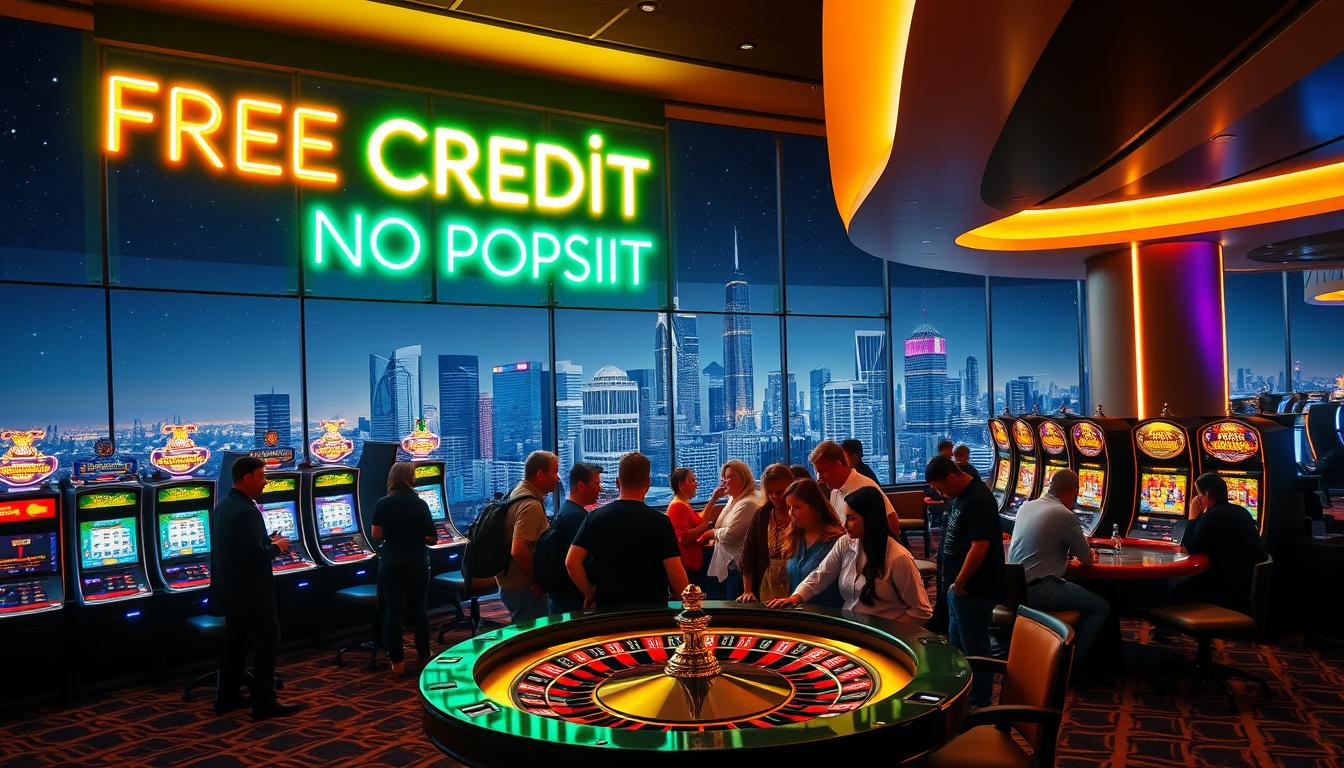In the fast-paced world of casino gaming, whether you’re spinning the reels at a slot machine, doubling down at the blackjack table, or placing bets at the roulette wheel, one thing remains constant: the importance of managing your casino bankroll effectively. With the global gambling industry projected to reach $565 billion by 2025, according to recent market reports, more players are entering casinos—both physical and online—than ever before. Yet, without proper financial discipline, even the most enthusiastic players can find themselves in trouble. This article explores proven strategies to help you manage your casino funds wisely, ensuring a more enjoyable and sustainable gaming experience. For additional resources on safe gambling practices, consider exploring platforms like 토토사이트 검증 to verify the reliability of gaming sites.
Why Bankroll Management Matters
Bankroll management is the practice of setting and sticking to a budget for your gambling activities. It’s not just about preserving your funds; it’s about maximizing your enjoyment while minimizing financial stress. Poor bankroll management can lead to overspending, emotional decision-making, and, in some cases, significant financial losses. A 2024 study by the Responsible Gambling Council found that 68% of players who practiced disciplined budgeting reported higher satisfaction with their gaming experiences compared to those who didn’t.
The key to effective bankroll management lies in treating gambling as entertainment, not a source of income. By setting clear boundaries and following strategic principles, you can maintain control over your spending and make your casino visits more rewarding.
1. Set a Strict Budget Before You Play
The cornerstone of bankroll management is establishing a budget you can afford to lose. This means setting aside a specific amount of money for gambling that won’t impact your essential expenses, such as rent, bills, or savings. Experts recommend allocating no more than 1-2% of your monthly disposable income to gambling activities. For example, if your monthly disposable income is $2,000, your casino budget should ideally be between $20 and $40.
Once you’ve determined your budget, stick to it. Write it down or set a reminder on your phone to avoid the temptation of dipping into other funds. Many online casinos now offer tools to set deposit limits, which can help enforce your budget automatically.
2. Divide Your Bankroll into Sessions
Rather than using your entire gambling budget in one go, break it into smaller portions for individual gaming sessions. For instance, if your total bankroll for a weekend trip to a casino is $500, you might divide it into five $100 sessions. This approach prevents you from burning through your funds too quickly and allows you to enjoy multiple gaming experiences.
Session-based budgeting also helps you pace yourself. If you lose your allotted amount for a session, walk away and return for the next session later. This strategy promotes discipline and reduces the urge to chase losses—a common pitfall for many players.
3. Understand the Games You Play
Not all casino games are created equal when it comes to bankroll management. Games like slots often have a higher house edge (typically 2-10%), meaning they can deplete your funds faster than games like blackjack or baccarat, which can have a house edge as low as 1% with optimal play. Before you start playing, research the games you enjoy and understand their odds and payout structures.
For example, in blackjack, using basic strategy charts can significantly reduce the house edge, stretching your bankroll further. Similarly, in poker, understanding pot odds and player tendencies can help you make smarter bets. Knowledge is power, and informed players are better equipped to manage their funds effectively.
4. Avoid Chasing Losses
One of the biggest mistakes players make is trying to recover losses by increasing their bets. This behavior, known as “chasing losses,” often leads to even greater financial setbacks. A 2025 survey by Gambling Insider revealed that 45% of casino players admitted to chasing losses at least once, with most regretting the decision afterward.
To avoid this trap, set a loss limit for each session—typically 50-75% of your session budget—and commit to stopping if you hit it. Accept that losses are part of the gambling experience and focus on enjoying the process rather than trying to “win back” what you’ve lost.
5. Take Advantage of Bonuses and Promotions
Many casinos, especially online platforms, offer bonuses and promotions that can boost your bankroll. These might include welcome bonuses, free spins, or cashback offers. While these promotions can provide extra playing funds, it’s crucial to read the terms and conditions. Wagering requirements, game restrictions, and withdrawal limits can affect the true value of a bonus.
For instance, a $100 bonus with a 30x wagering requirement means you’ll need to wager $3,000 before withdrawing any winnings. Use bonuses strategically to extend your playtime, but don’t rely on them as a primary funding source. To ensure you’re playing on a trustworthy platform, check out resources like 토토사이트 검증 for verified casino options.
6. Track Your Spending and Wins
Keeping a record of your gambling activity can provide valuable insights into your habits and help you stay accountable. Use a simple spreadsheet or a dedicated app to log your deposits, bets, wins, and losses. This practice not only helps you monitor your bankroll but also allows you to identify patterns in your gameplay.
For example, you might notice that you tend to overspend on slots but perform better at table games. Armed with this information, you can adjust your game choices to align with your budget and goals. Tracking also reinforces the importance of sticking to your predetermined limits.
7. Know When to Walk Away
Discipline is the backbone of effective bankroll management, and knowing when to stop is just as important as knowing when to play. Set win and loss limits for each session. For example, you might decide to stop playing if you double your session budget or lose 75% of it. These boundaries help you lock in profits and prevent significant losses.
Walking away can be challenging, especially during a hot streak or after a frustrating loss. However, taking breaks and stepping back allows you to maintain perspective and avoid impulsive decisions. Many players find it helpful to set a timer for each session to stay on track.
8. Practice Responsible Gambling
Above all, responsible gambling is about maintaining balance. Gambling should never interfere with your financial stability or personal well-being. If you find yourself feeling stressed, anxious, or preoccupied with gambling, it may be time to reassess your habits. Resources like the National Council on Problem Gambling offer support and guidance for players who need help.
Casinos are increasingly prioritizing responsible gambling initiatives. In 2025, many platforms have introduced features like self-exclusion options, reality checks, and spending alerts to help players stay in control. Take advantage of these tools to enhance your bankroll management strategy.
Conclusion
Managing your casino bankroll effectively is about more than just money—it’s about creating a sustainable and enjoyable gaming experience. By setting a budget, dividing your funds into sessions, understanding game odds, avoiding loss-chasing, leveraging bonuses, tracking your spending, knowing when to stop, and practicing responsible gambling, you can take control of your casino adventures. As the gambling industry continues to grow, players who prioritize financial discipline will be better positioned to enjoy the thrills of the casino without the stress. Start implementing these tips today, and make your next casino visit both fun and financially sound.







